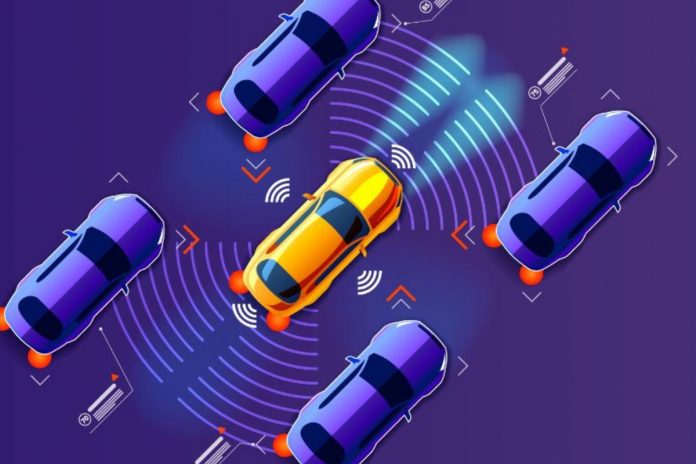The Chinese government has announced that four of its ministries (the Ministry of Industry and Information Technology, the Ministry of Public Security, the Ministry of Housing and Urban-Rural Development, and the Ministry of Transport) have together approved the country’s first batch of permits for autonomous vehicle testing.
This first batch has been issued to nine domestic automakers operating across the country, including BYD, SAIC Motor, the FAW Group, Yutong Bus, and NIO. The test pilots will take place in a number of cities – with the FAW Group and BAIC Group both conducting tests in Beijing, SAIC and NIO conducting tests in Shanghai, and BYD testing in Shenzhen, for example.
Through these permits, the nine automakers selected will be able to begin the preliminary stages of autonomous vehicle testing – carrying out test and safety evaluations before live testing on city roads. Following their approval of these AV pilots, the four government departments will support their rollout and operations. Here, they will promote the implementation of each pilot in line with its overall objectives and requirements and accumulate management experience (based on pilot evidence), while supporting the formulation and revision of laws, regulations, and technical standards relevant to them. Alongside these activities, the ministries will more broadly promote the development of China’s intelligent, connected, new energy vehicle (NEV) industry.
China’s approval of these autonomous permits aligns with its recently introduced bill, the ‘Notice on Carrying out Pilot Work on Access and Road Traffic of Intelligent Connected Vehicles’. This bill plays a key role in the selection of permit applications to approve, submitted by a consortium made up of OEMs and users, where its requirements were used by the four ministries as a basis for the preliminary reviewing and evaluation of these applications. Within this review, the ministries organized technical experts to evaluate each application to ensure they had no shortcomings or omissions – with their opinions fed back to the consortium that sent it.
Based on the opinions of automotive experts, while accounting for product categories, characteristics of the cities where vehicles will operate; declared autonomous driving functions; and corporate testing and demonstration foundations, the four ministries then determined the first batch of consortiums to enter the pilot program. Upon receiving this approval, the selected OEMs will receive guidance from the ministries to help them execute the necessary pilot implementation work that will eventually allow them to test their autonomous technologies on the road.
This work is split into two stages – the first of which is called the ‘product access pilot’, where product testing and safety assessment is carried out under the supervision of provincial competent departments and government departments from the cities where the vehicles will be tested. Once the OEM has successfully passed this assessment, and their vehicle meets the mandatory inspection requirements, they must submit a product access application to China’s Ministry of Industry and Information Technology. This ministry will then decide whether to grant the OEM access and, if they are granted access, determine the access validity period and implementation area of their AV testing program. The second stage involves the traffic management department of the public security bureau for the cities in which each vehicle will operate. This department handles vehicle registration and carries out an on-road pilot operation in a dedicated, limited, area.
In selecting these pilots, the Chinese government is aiming to promote the development and construction of intelligent connected vehicles. Based on pilot evidence, it is similarly looking to form a legal and regulatory system (and management policies and standards around AV testing), while accelerating the construction of supporting capabilities and verification and safety assessments for these vehicles. Ultimately, these pilots will together help China expedite the mass production and rollout of new intelligent connected vehicles embedded with new energy options and AI that support its information and communication industries.











